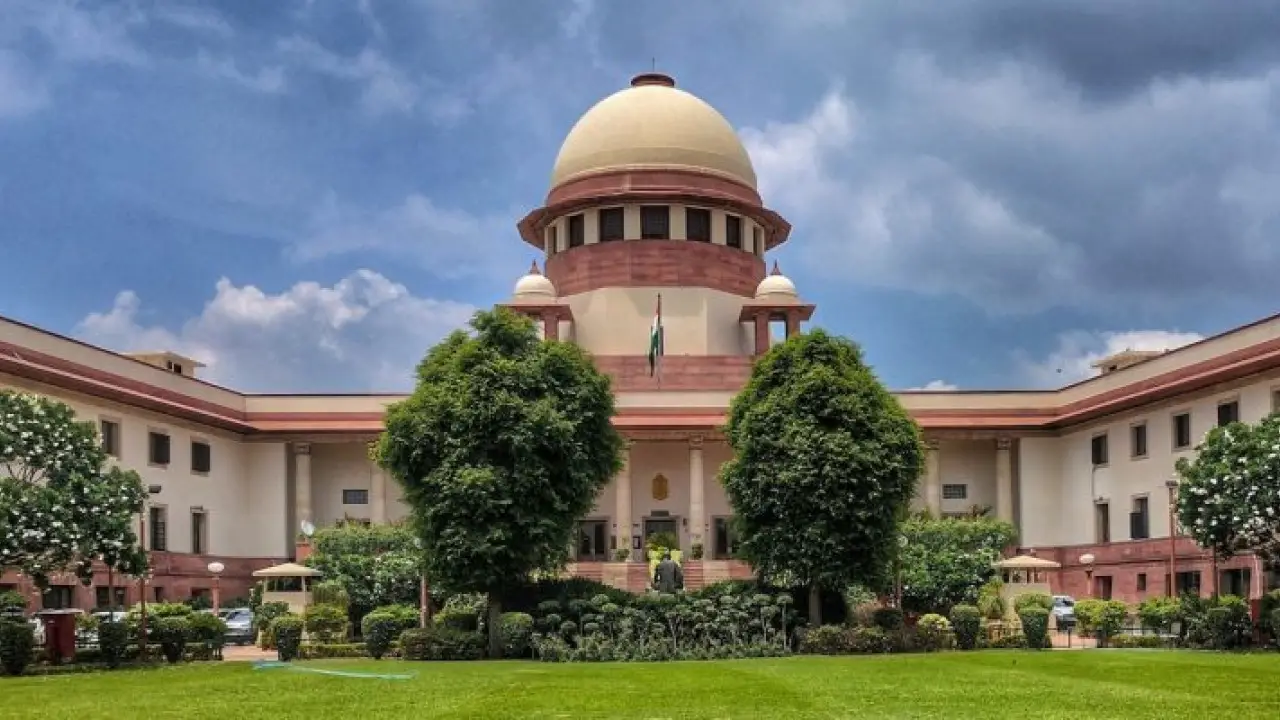
Supreme Court (Social Media)
National News: The internal reservation policy for appointing and promoting employees from Scheduled Castes (SCs) and Scheduled Tribes (STs) within the judiciary represents a progressive move aimed at increasing the representation of these historically underrepresented communities. This initiative specifically impacts critical positions such as registrars, assistant librarians, and junior court assistants, signaling a commitment to enhancing diversity and inclusion within the judicial system. By prioritizing the inclusion of SC and ST candidates in these roles, the judiciary seeks to ensure more equitable opportunities and contribute to a more representative workforce across key legal positions.
The Supreme Court has officially introduced a formal reservation policy for Scheduled Castes (SCs) and Scheduled Tribes (STs) in its internal administrative roles. On June 24, 2025, the Court issued a circular notifying employees about the implementation of this new quota system. As per the policy, SC employees will receive a 15% reservation, while ST employees will be allotted 7.5% in both promotions and appointments. This step seeks to address the historical underrepresentation of marginalized communities within the apex judiciary.
Chief Justice of India (CJI) Bhushan Ramakrishna Gavai, a prominent figure from the Scheduled Caste community, has championed this reform during his tenure. He emphasized that the decision aligns with similar provisions already in place across other government institutions and high courts. As the second person from a Scheduled Caste background to hold the office of CJI, Gavai expressed that the judiciary’s internal policies should reflect the same principles of affirmative action that the court has long endorsed in its judgments.
The new reservation policy will specifically impact posts such as registrar, assistant librarian, senior personal assistants, junior court assistants, and chamber attendants within the Supreme Court. These positions are crucial for the functioning of the judiciary, and the move aims to create a more inclusive work environment, ensuring better representation of marginalized groups in administrative roles.
According to the official circular released on June 24, 2025, the model reservation roster and register were uploaded on the Supreme Court’s internal network, Supnet. The circular also outlined the process for addressing any objections to the roster, with employees encouraged to report discrepancies to the Registrar (Recruitment). The policy officially came into effect on June 23, 2025, marking a historic moment in judicial reforms.
This reform is seen as a response to the ongoing criticism of the judiciary’s lack of diversity, especially with regard to the representation of marginalized communities. Over the years, the judiciary has faced scrutiny for its low levels of inclusivity in terms of caste, gender, and regional representation. By introducing this policy, the Supreme Court is taking a concrete step toward addressing these issues.
The decision is also significant as it reinforces the Supreme Court’s role in promoting affirmative action not only in its judicial decisions but also in its internal policies. Critics of the policy argue that reservations in the judiciary may undermine merit-based appointments. However, supporters claim that such measures are essential for achieving true equality and fairness in the workplace, especially within an institution that plays a key role in upholding the country's laws and values.





Copyright © 2026 Top Indian News
